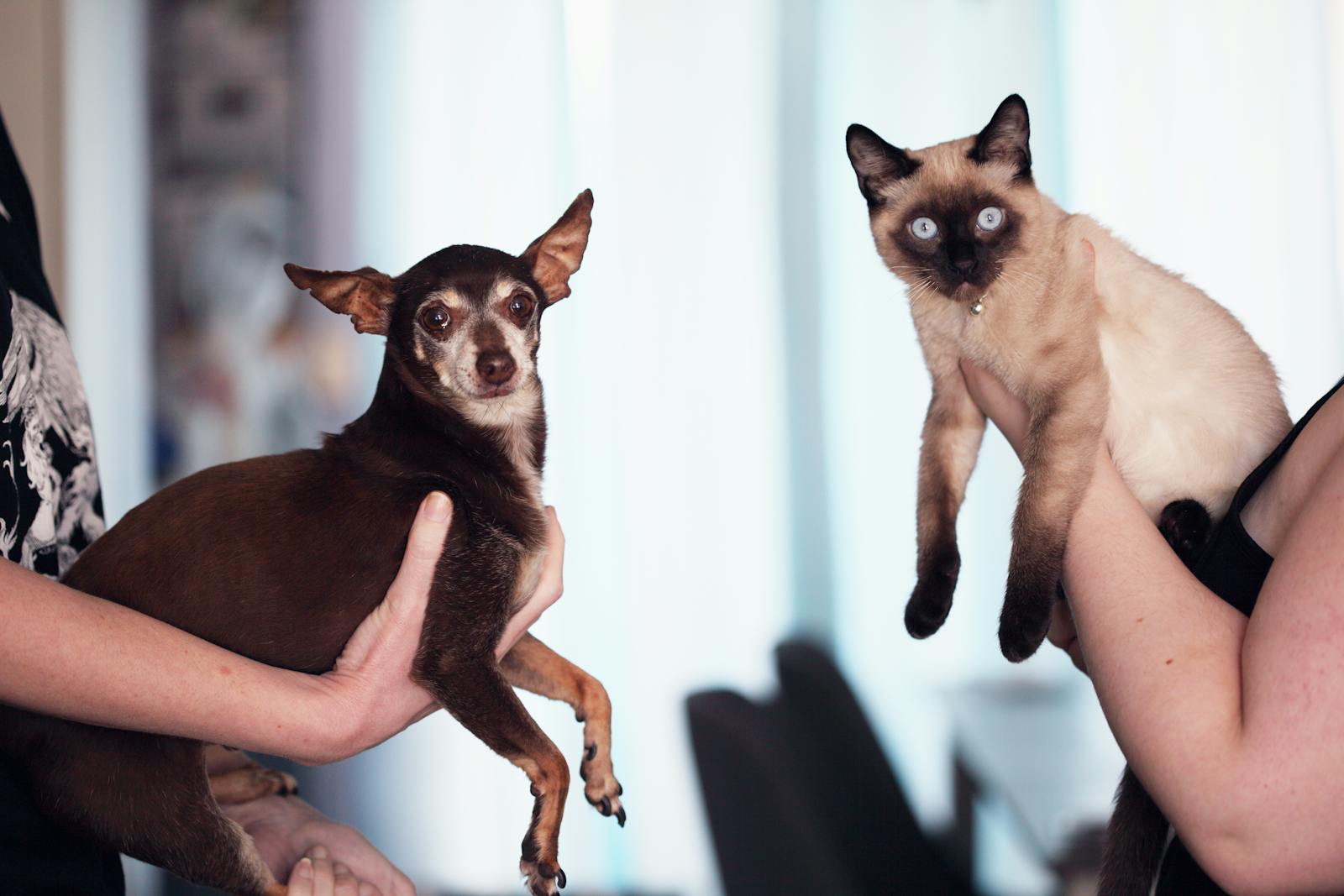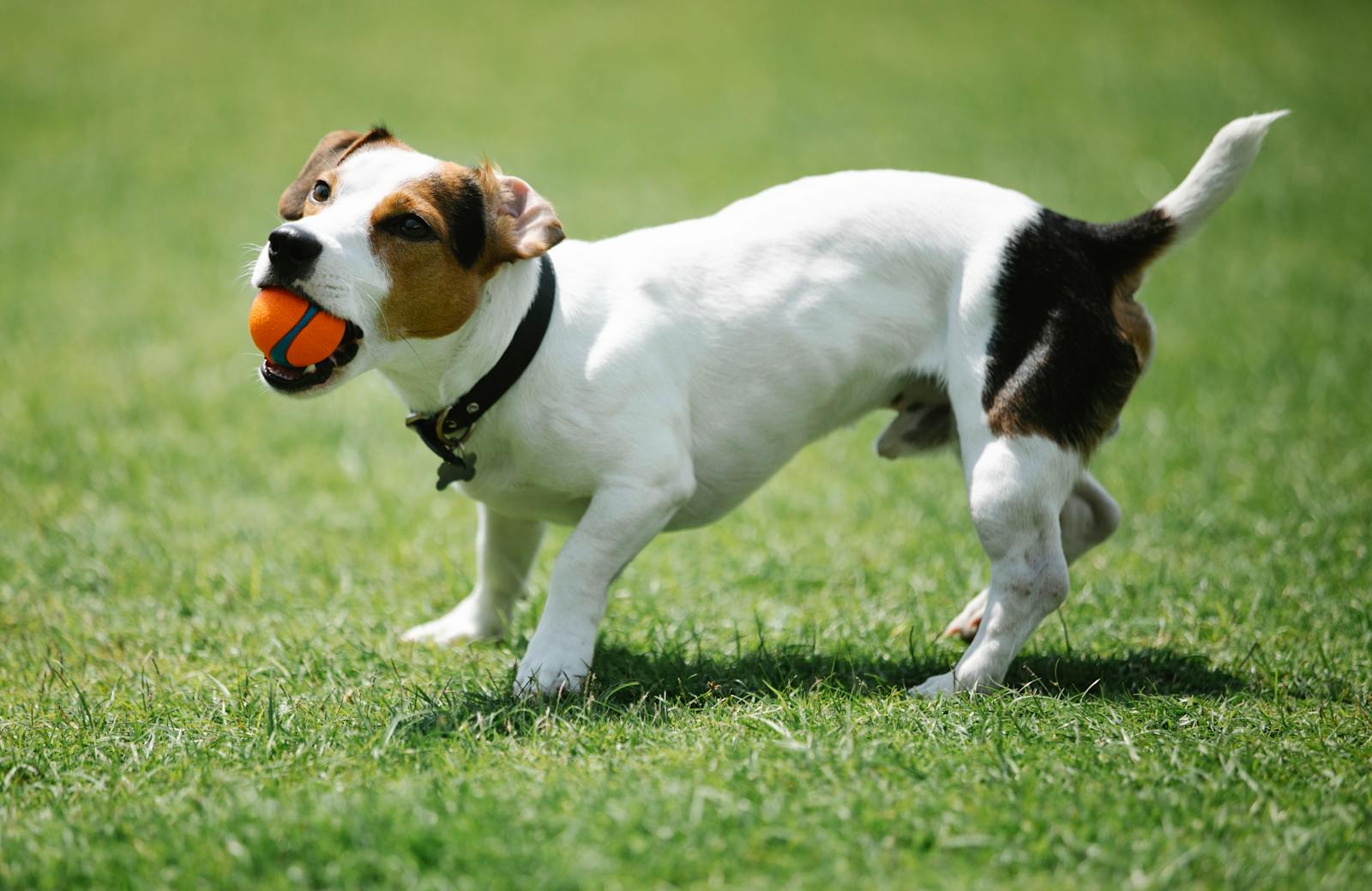Red Flags to Watch for in Dog Breeders
1. Lack of Transparency
One of the first indicators that a breeder may not have the best interests of their puppies at heart is their unwillingness to disclose information about their breeding practices and the health history of the puppies.
- Ask Questions: A reputable breeder should welcome inquiries about their breeding philosophy, health testing, and how they care for their puppies. They should be more than happy to provide answers and detail their commitment to responsible breeding.
- Health Records: You should receive complete documentation regarding vaccinations, deworming schedules, and genetic testing that has been performed on both puppies and their parents.
If you find that a breeder is hesitating to answer or provides vague responses, consider it a red flag. A responsible breeder will take pride in discussing their methods and showcasing proof of appropriate care.
2. Poor Living Conditions
The environment in which puppies are raised significantly impacts their development and overall well-being. If you get the opportunity to visit a breeder’s facility or view images, pay close attention to the living conditions.
- Cleanliness Matters: The area should be tidy and free of overwhelming odors or unsanitary conditions. Lack of cleanliness may indicate inadequate care, which can be harmful to the puppies.
- Socialization Opportunities: Puppies require exposure to various stimuli to develop well. Check if they have appropriate space for playtime and interaction with people and other animals.
If the living conditions appear cramped, cluttered, or neglected, it’s a strong indication that the animals may not receive adequate care, which could lead to behavioral issues and health problems in your future pet.
3. No Health Testing
Responsible breeders prioritize the health of both the parent dogs and their puppies by conducting necessary health tests before breeding.
- Genetic Testing: Look for breeders who test for breed-specific diseases, such as hip dysplasia in Labrador Retrievers or heart issues in Cavalier King Charles Spaniels.
- Veterinary Checks: Puppies should have regular examinations by a qualified veterinarian before being placed into homes, ensuring they are in good health.
A lack of health testing can suggest negligence regarding the welfare of the animals. Always inquire about the specific health tests that have been conducted on both parents to guarantee the puppies’ well-being.
4. High Volume Breeding
Breeders producing large quantities of litters frequently may prioritize profit over the quality of their dogs—an alarming red flag when selecting a responsible breeder.
- Limited Individual Attention: When too many litters are produced simultaneously, it’s challenging for breeders to give each puppy the socialization and care they require. Without this, puppies may develop significant behavioral issues.
- Signs of Overbreeding: Be wary if you notice a breeder offering multiple breeds at once; this often suggests a commercial motive rather than a commitment to improving the breed through careful selection.
Opt for smaller-scale operations run by individuals who exhibit a genuine love for dogs as opposed to mass-producing puppies like commodities.
5. Pressure Tactics
A trustworthy breeder recognizes that bringing a puppy into your home is a serious decision that necessitates thoughtful consideration. They will never rush you into making an impulsive choice.
- Take Your Time! Responsible breeders encourage prospective buyers to think carefully about what breed suits their lifestyle. They will facilitate ample time for you to meet various puppies and determine which one feels like the perfect match.
Conversely, if you find that someone is aggressively pushing you to pay deposits or make immediate decisions without allowing time for reflection and discovery, take a moment to reassess the situation. This is often a significant warning sign of a breeder more interested in profit than the well-being of their dogs.
Conclusion
When searching for your new canine companion, it’s crucial to be aware of red flags that signal irresponsible breeding practices. By remaining vigilant and informed throughout your search, you’ll significantly increase your chances of finding not just any puppy but one that has been bred responsibly in a caring environment. Remember, the journey of bringing a dog into your home should be just as joyous as the companionship they bring.
What are your thoughts on puppy breeding practices? Have you ever encountered any concerning signs when looking for a dog? We’d love to hear your experiences in the comments below! Don’t forget to share this post with fellow dog lovers to spread awareness on how to choose a responsible breeder. Happy puppy hunting!
news via inbox
Nulla turp dis cursus. Integer liberos euismod pretium faucibua




